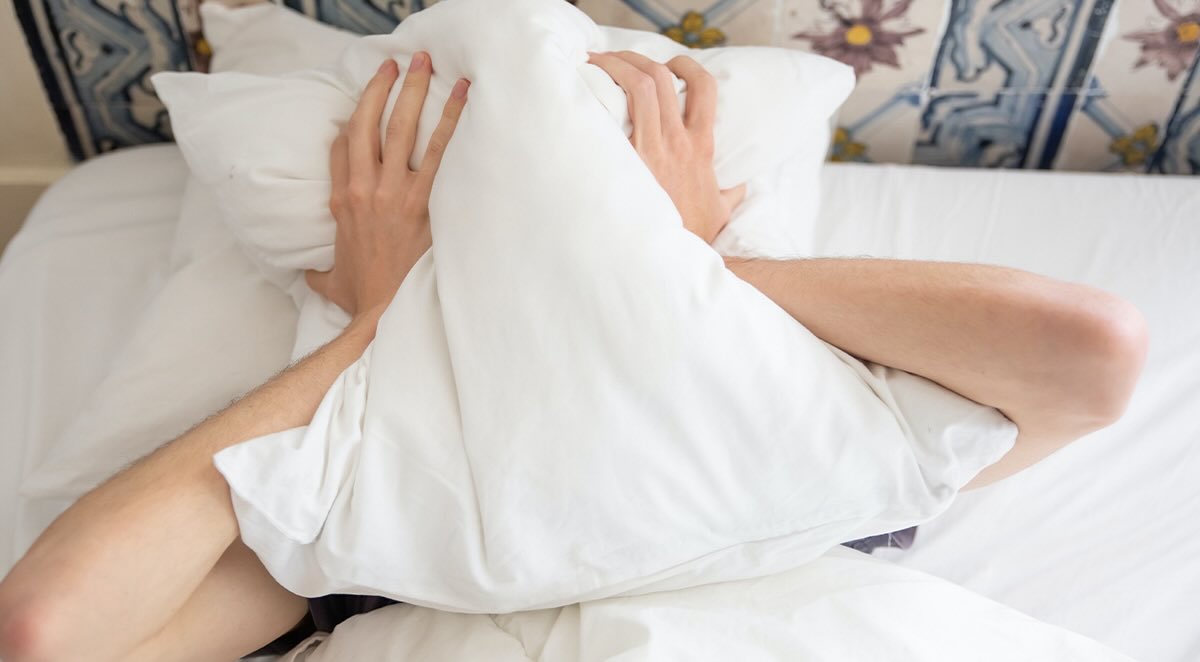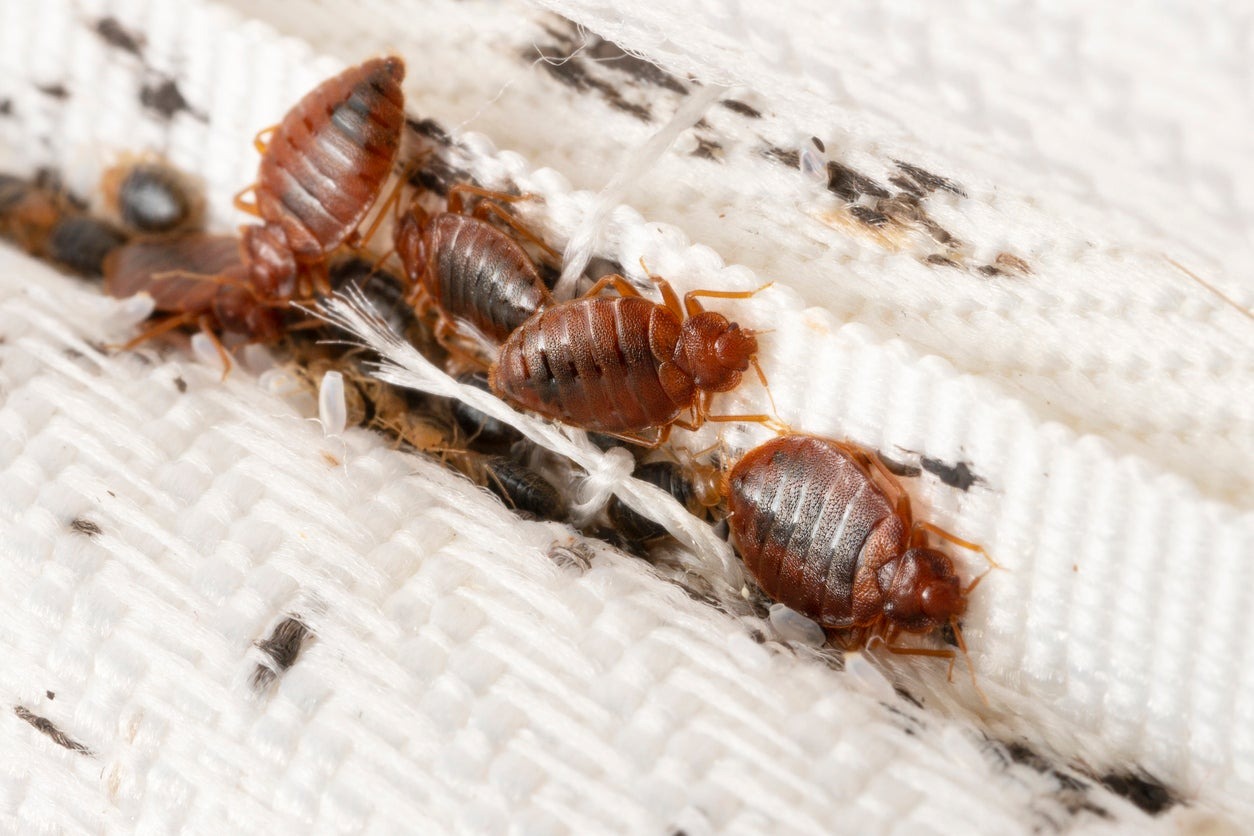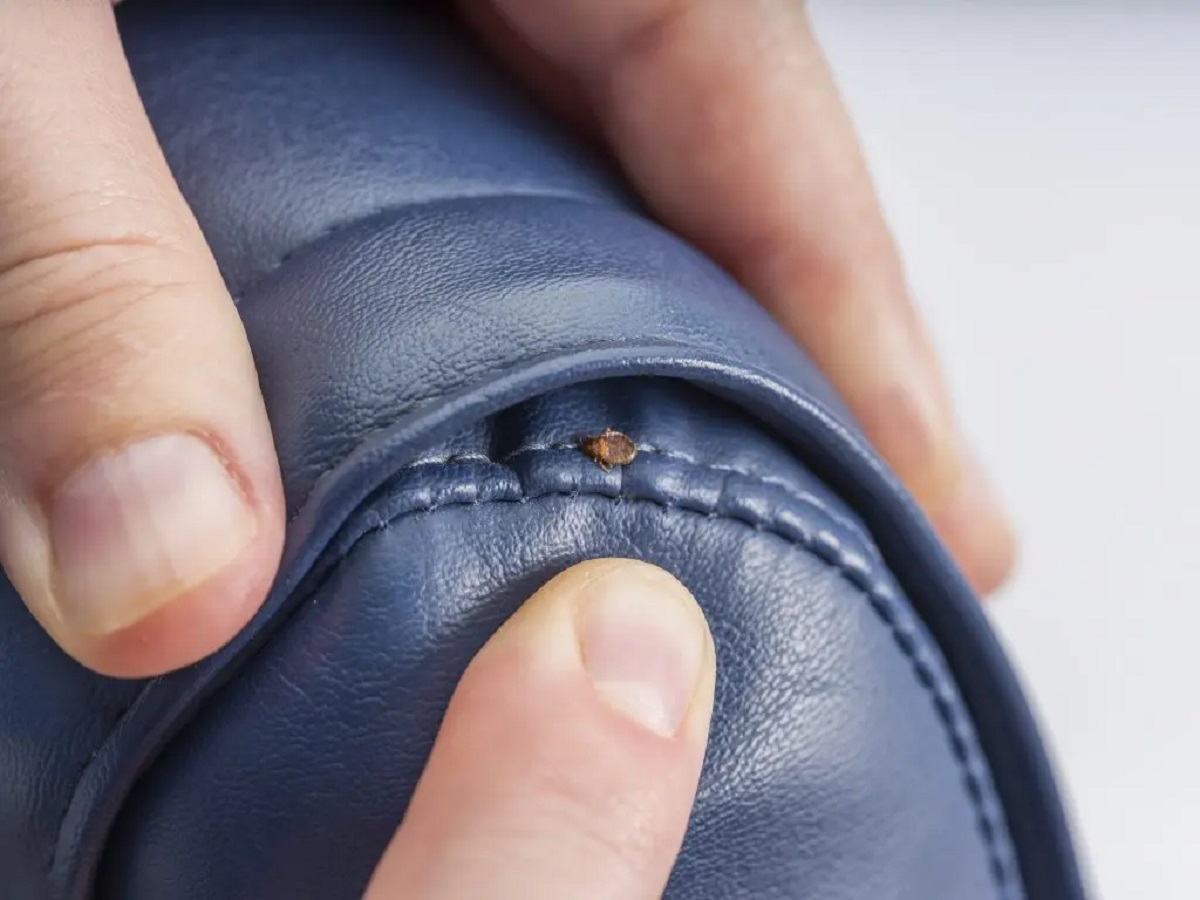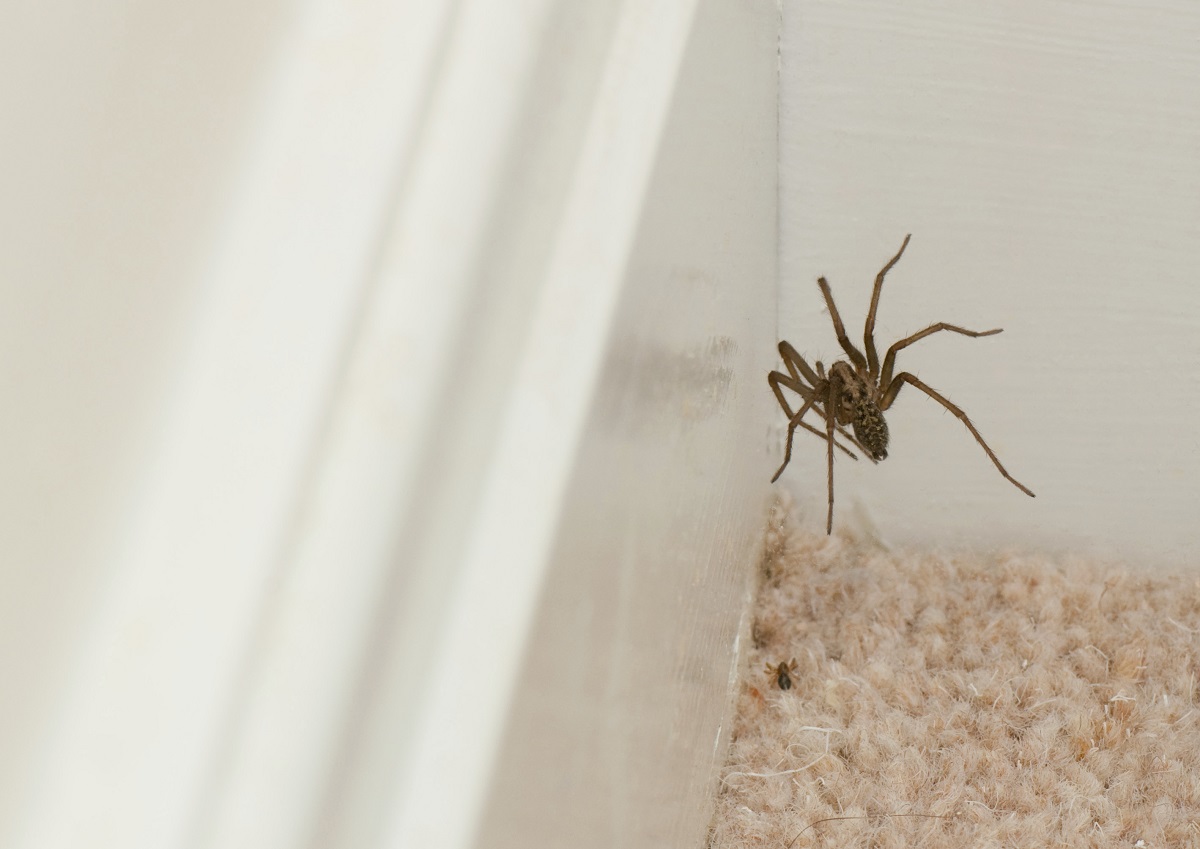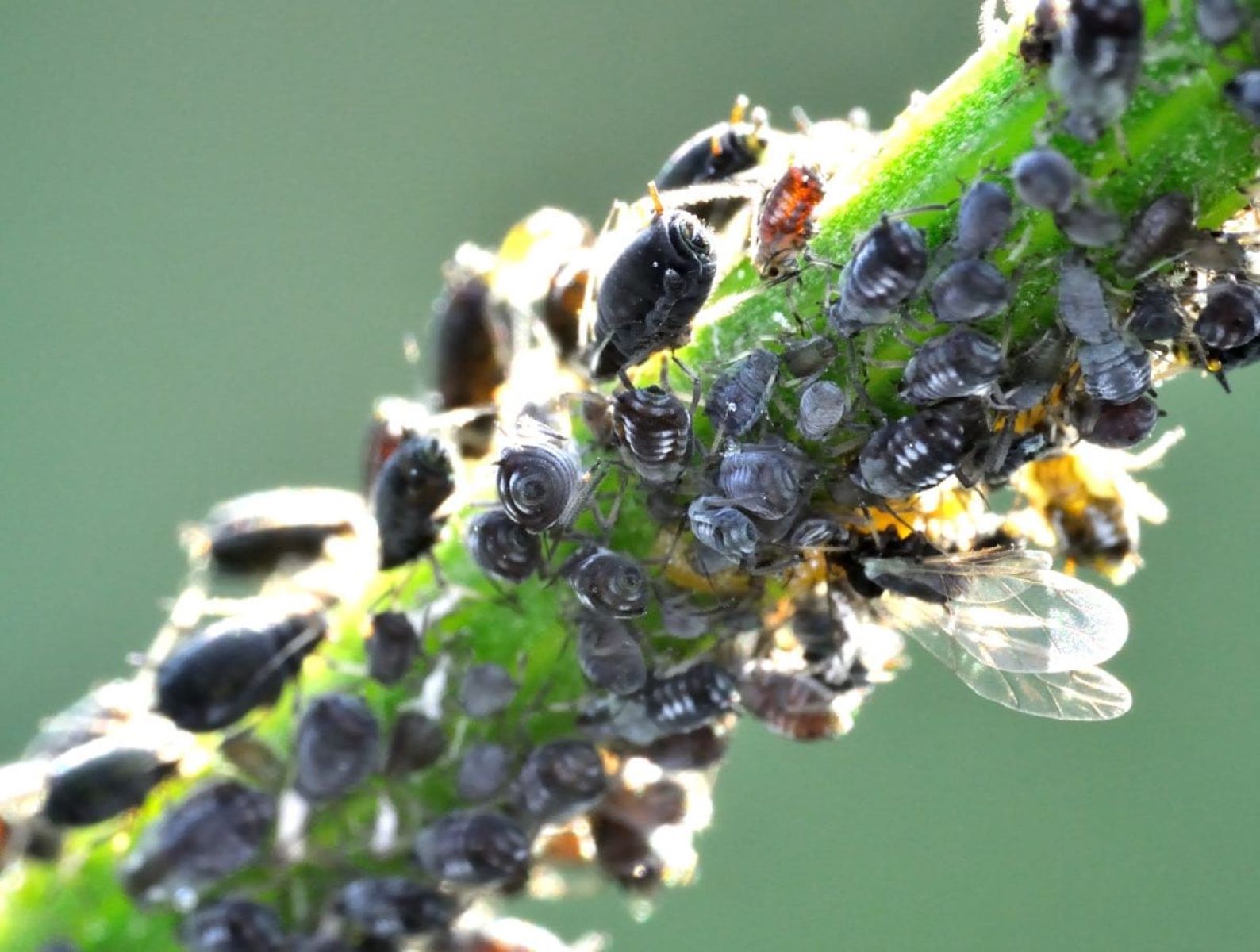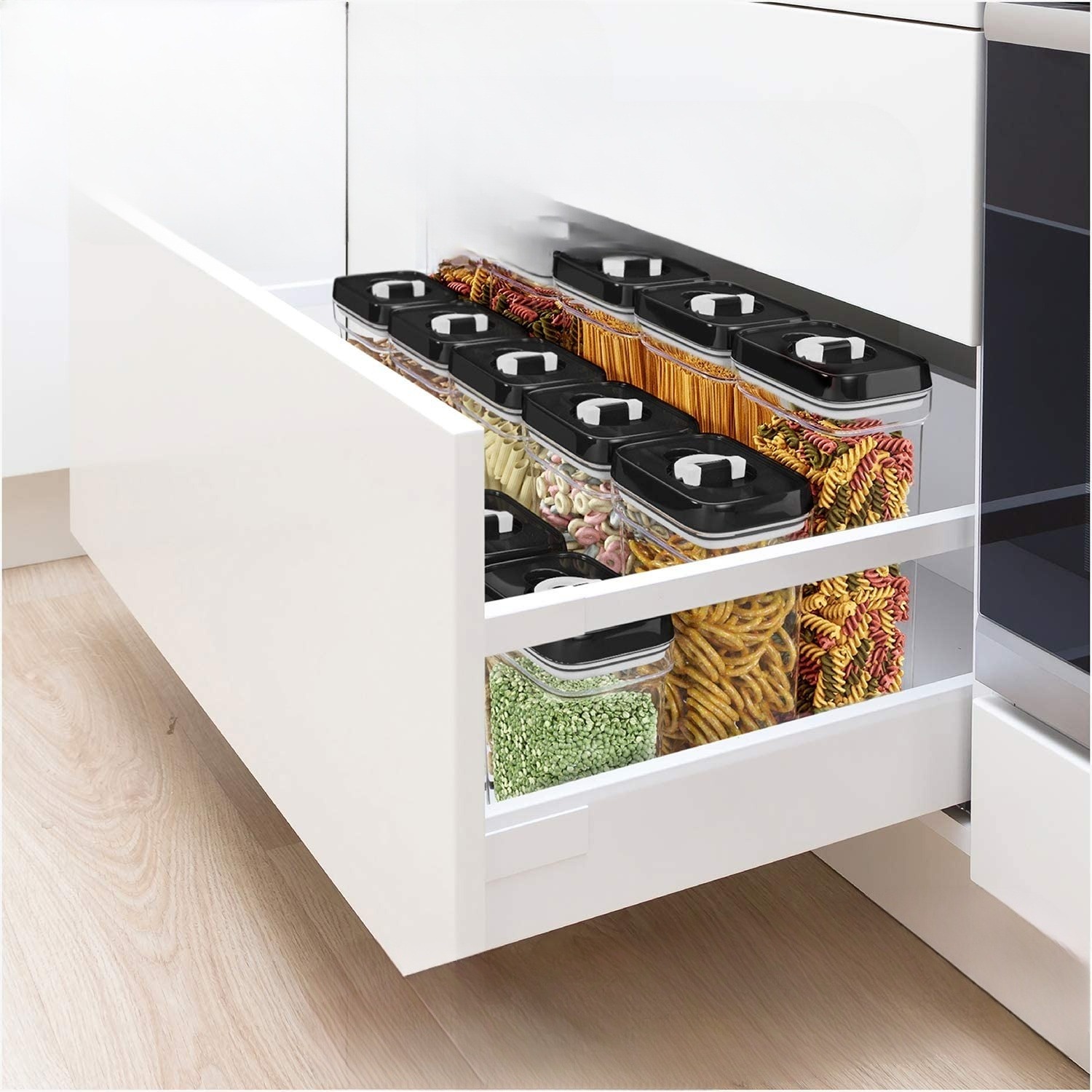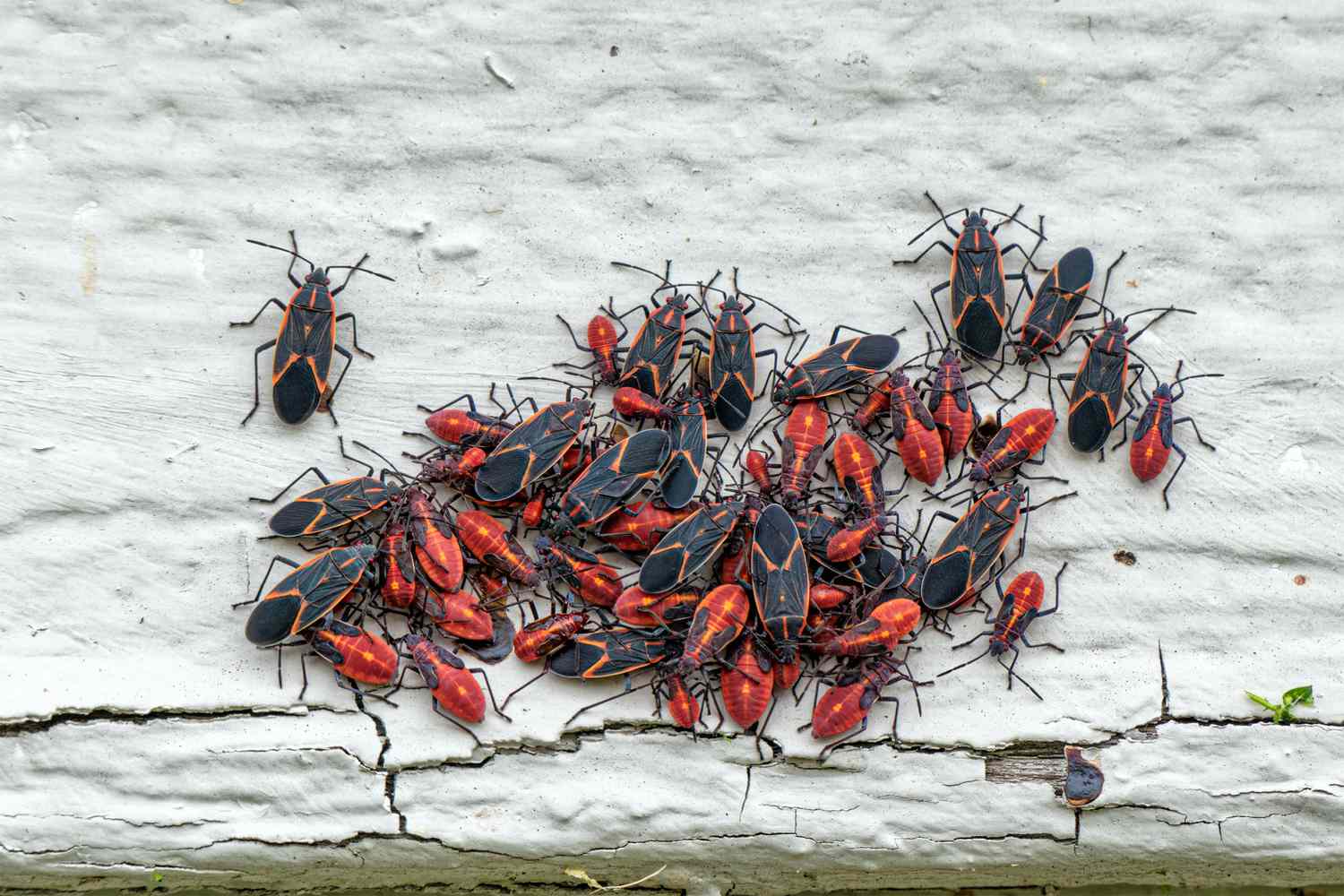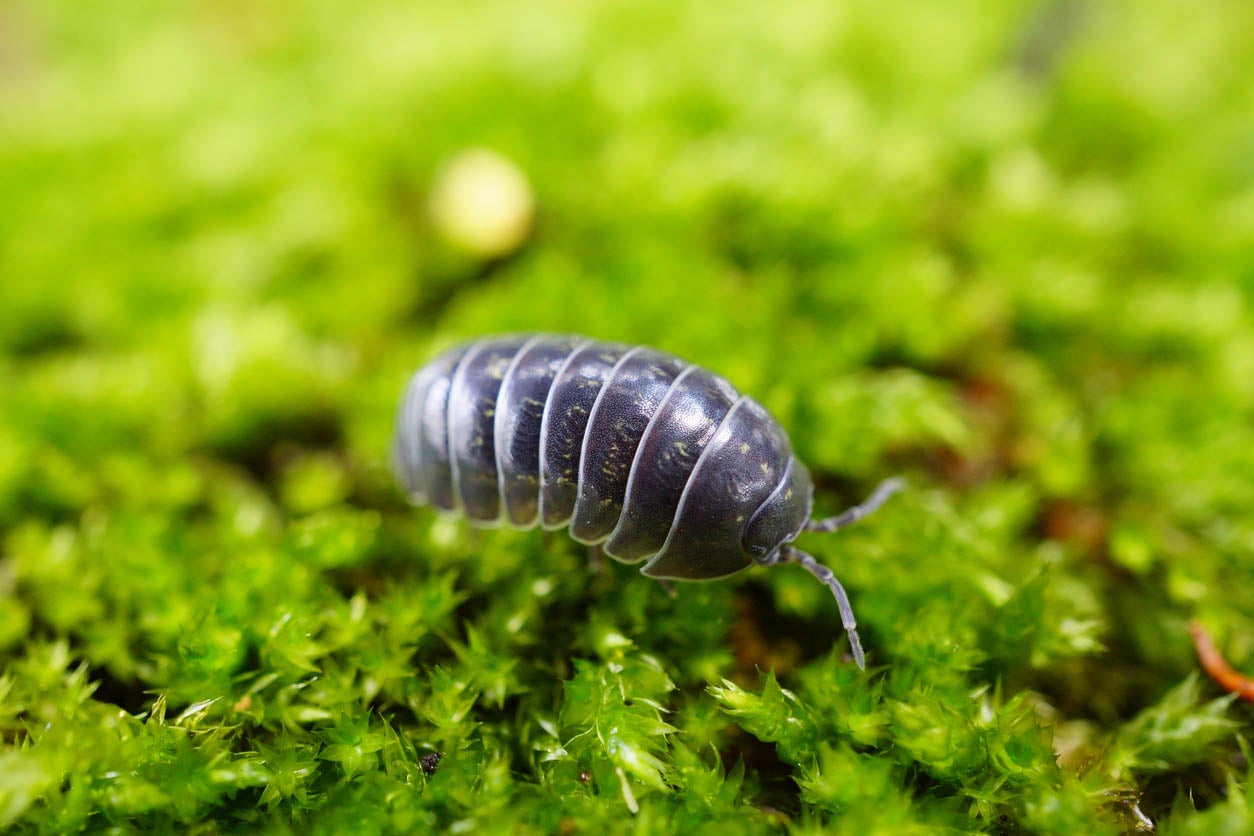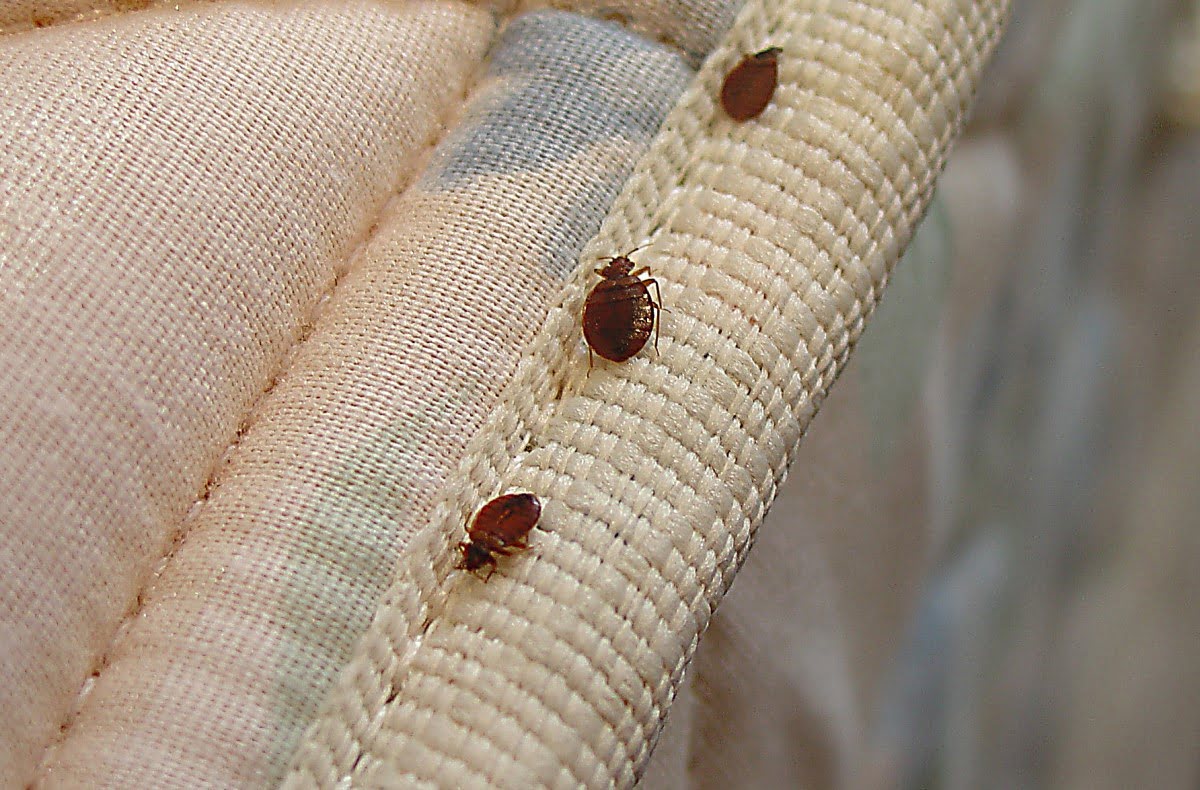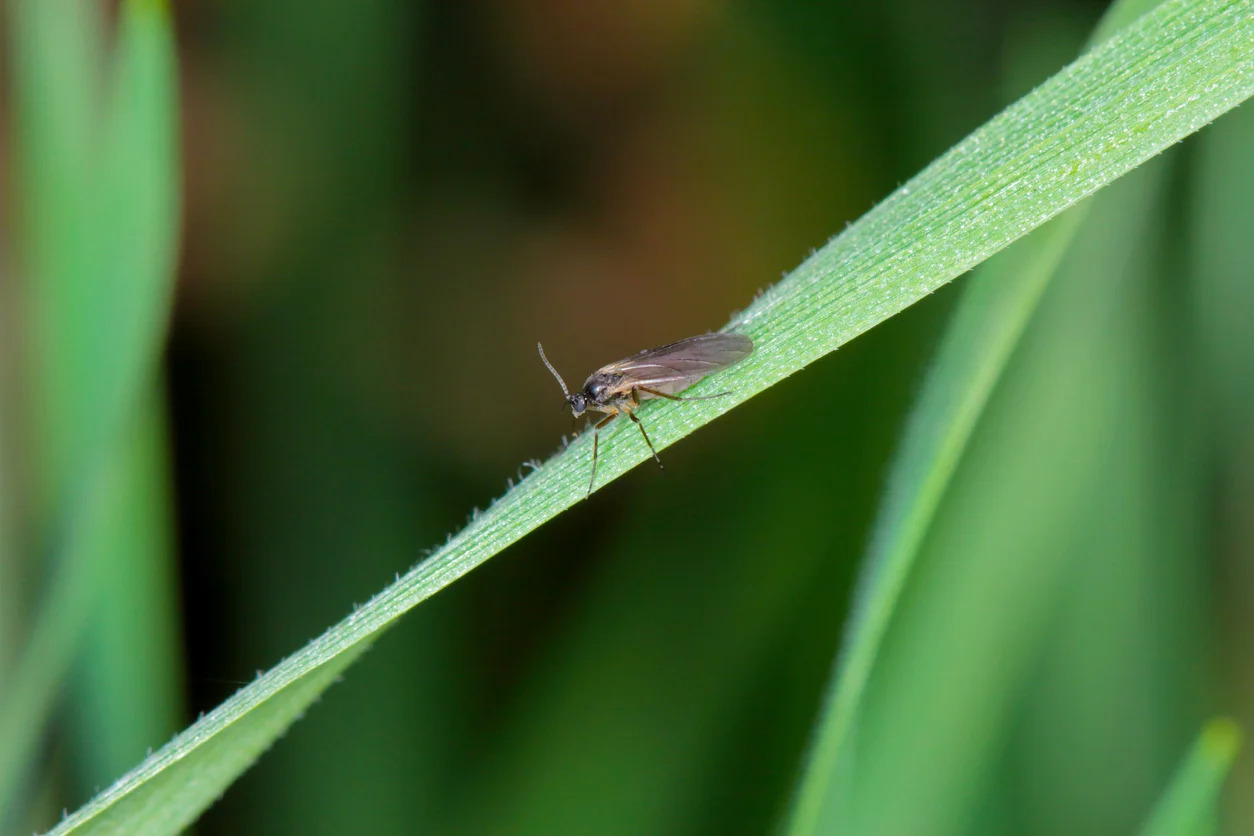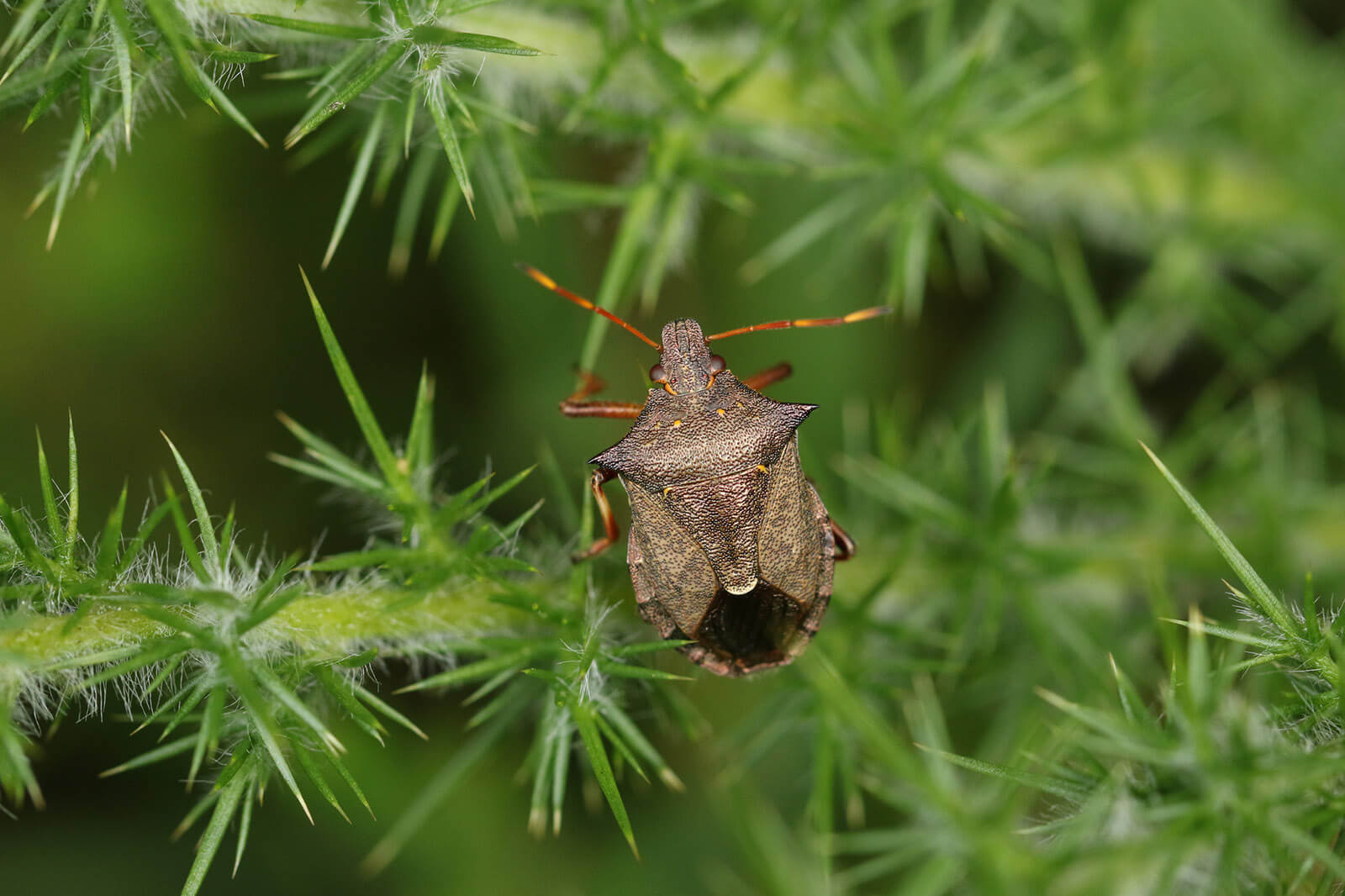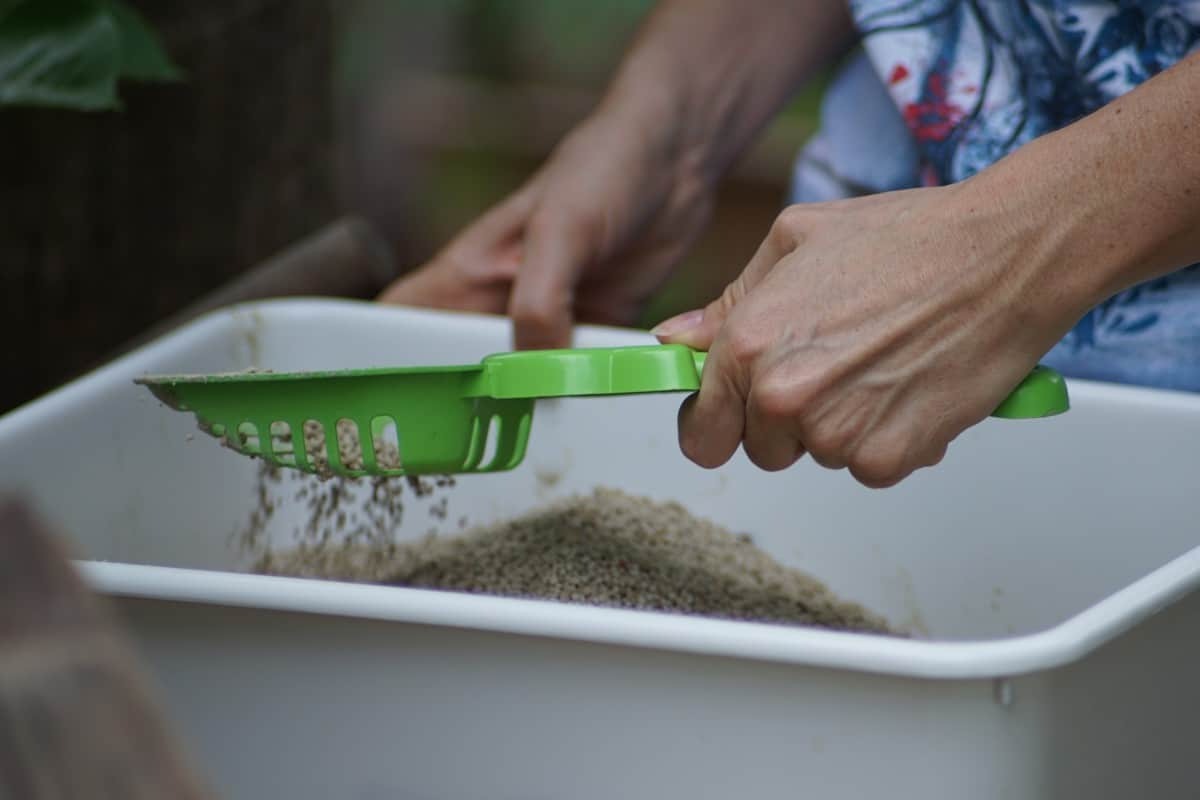Home>Furniture>Bedroom Furniture>How To Get Rid Of Bed Bugs On A Couch
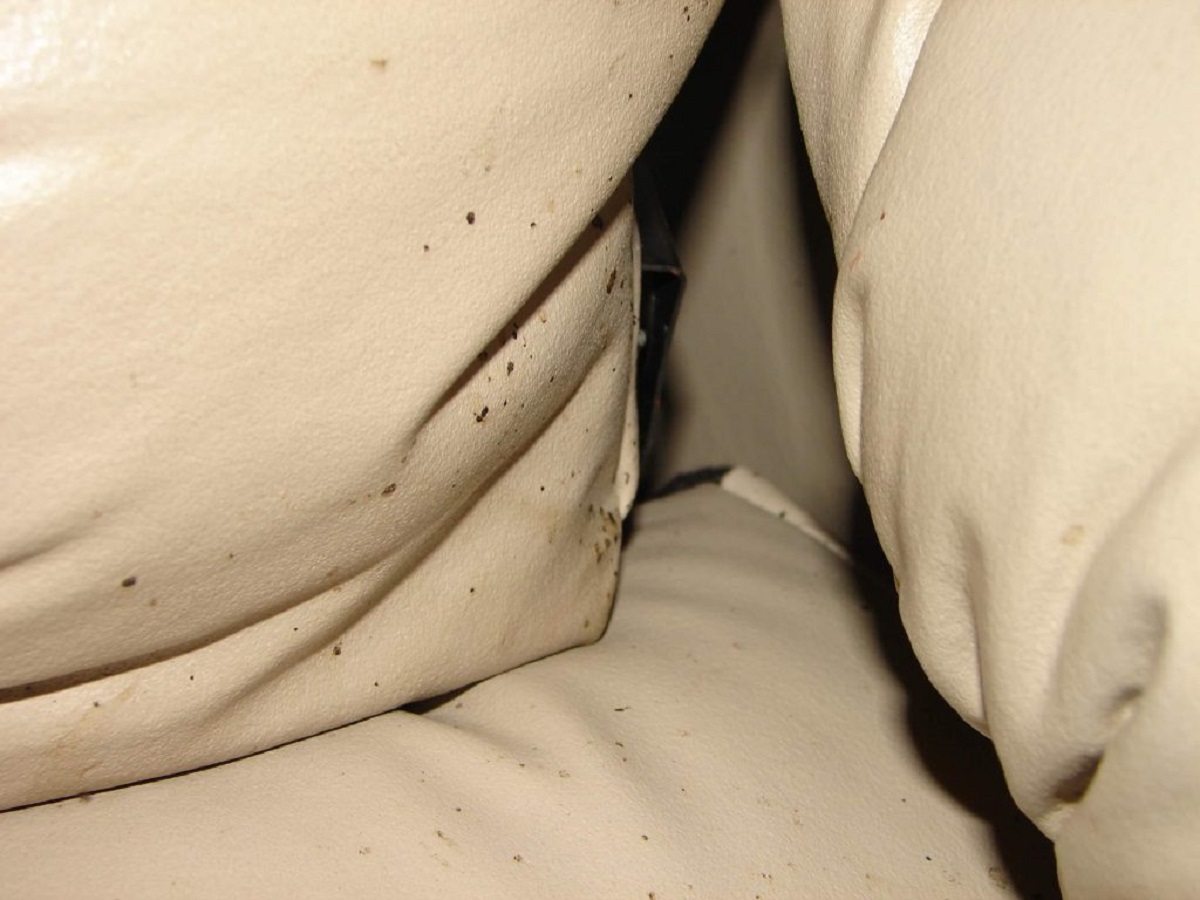

Bedroom Furniture
How To Get Rid Of Bed Bugs On A Couch
Modified: August 27, 2024
Learn effective methods to eliminate bed bugs from your bedroom furniture, including your couch. Safely get rid of these pests for a bug-free and comfortable living space.
(Many of the links in this article redirect to a specific reviewed product. Your purchase of these products through affiliate links helps to generate commission for Storables.com, at no extra cost. Learn more)
Introduction
Welcome to our comprehensive guide on how to get rid of bed bugs on a couch. Bed bugs are tiny, nocturnal insects that feed on human blood and can cause significant discomfort and inconvenience. While they are commonly associated with beds, these pests can also infest couches and other upholstered furniture, making it crucial to address the issue promptly.
Identifying and treating bed bugs on your couch requires a combination of thorough cleaning, targeted treatments, and preventive measures. In this article, we will take you through a step-by-step process to eliminate these pesky bugs and prevent future infestations.
Please note that the methods described in this article are meant for mild to moderate infestations on upholstered couches. If you have a severe infestation or are unsure about handling the situation yourself, it is always advisable to seek professional help from a licensed pest control expert.
So, let’s dive in and learn how to banish bed bugs from your couch once and for all.
Key Takeaways:
- Don’t let bed bugs take over your couch! Follow our comprehensive guide to identify, treat, and prevent infestations using DIY methods or professional help.
- From vacuuming to steam cleaning and insecticidal sprays, we’ve got you covered with effective strategies to banish bed bugs from your couch.
Read more: How To Get Rid Of Bed Bugs
Identifying Bed Bugs on Your Couch
Before you can effectively treat bed bugs on your couch, it’s important to confirm their presence. Bed bugs are small, flat, oval-shaped insects that are about the size of an apple seed. They are reddish-brown in color, but may appear more reddish after feeding.
Here are some key signs that indicate your couch may be infested with bed bugs:
- Bite marks: Bed bug bites often appear as small, itchy red welts on the skin. They are typically arranged in a line or cluster.
- Blood stains: You may notice small blood stains on your couch upholstery or bedding caused by accidentally squashing a bed bug while sleeping.
- Dark spots: Bed bugs leave behind dark, rust-colored stains on your couch fabric, which are actually their excrement.
- Eggshells and molted skins: Look for tiny, translucent eggshells or shedded skins in the crevices and seams of your couch.
- Live bugs: In severe infestations, you may spot live bed bugs crawling on your couch. Check the folds, seams, and any cracks for their presence.
If you suspect that your couch is infested with bed bugs, it’s important to take immediate action to prevent further spread and discomfort. With proper identification, you can now move on to preparing your couch for treatment.
Preparation Before Treating the Couch
Before diving into the actual treatment process, it’s crucial to properly prepare your couch to ensure maximum effectiveness. By following these preparation steps, you’ll be able to eliminate any clutter, create a clean workspace, and protect other areas of your home from potential bed bug infestations.
Here are the essential preparations to undertake before treating your couch for bed bugs:
- Clear the area: Begin by clearing the space around your couch. Remove any pillows, blankets, or other items that may be harboring bed bugs.
- Vacuum thoroughly: Use a vacuum cleaner with a brush attachment to vacuum your couch thoroughly. Pay special attention to the seams, crevices, and cracks where bed bugs may be hiding. Dispose of the vacuum bag or empty the canister into a sealed plastic bag immediately after vacuuming.
- Isolate the couch: If possible, move your couch away from other furniture and walls to prevent bed bugs from spreading. This will create a safe zone for treatment.
- Wash and dry fabric items: Remove any removable covers, cushion covers, or other fabric items from your couch and wash them in hot water. Dry them on high heat to kill any bed bugs or eggs that may be present.
- Seal infested items: If you come across any infested items that cannot be washed, seal them in a plastic bag and dispose of them properly. This helps contain the infestation and prevents further spread.
- Declutter the surrounding area: Remove any clutter, such as piles of clothes or storage boxes, from the area around your couch. Bed bugs can easily hide in these items and make re-infestation more likely.
By following these preparation steps, you’ll create an optimal environment for treating your couch and minimize the chances of bed bugs spreading to other areas of your home.
Now that you’ve prepared the couch, it’s time to move on to the actual treatment methods.
Vacuuming Your Couch
Vacuuming is an essential step in the treatment process, as it helps to physically remove bed bugs, eggs, and other debris from your couch. While vacuuming alone may not eliminate a full-blown infestation, it is effective for reducing the number of bed bugs and containing the problem.
Here’s how to properly vacuum your couch:
- Choose the right vacuum: Opt for a vacuum cleaner with a powerful suction and a brush attachment. The brush attachment helps to dislodge bed bugs from the fabric and ensure thorough cleaning.
- Start with the cushions: Remove the cushions from your couch and vacuum them individually. Pay close attention to the seams, corners, and crevices where bed bugs tend to hide. Use the brush attachment to thoroughly clean both sides of the cushions.
- Vacuum the entire couch: Once the cushions are vacuumed, proceed to vacuum the entire surface of your couch. Move the brush attachment along the seams, folds, and any cracks or crevices. Be thorough in your cleaning to ensure maximum bed bug removal.
- Dispose of the vacuum bag or clean the canister: After vacuuming, immediately dispose of the vacuum bag in a sealed plastic bag and discard it in an outdoor bin. If you have a bagless vacuum, empty the canister into a sealed plastic bag and dispose of it as well. This prevents any surviving bed bugs from escaping and reinfesting your home.
- Repeat the process: To ensure thorough cleaning, repeat the vacuuming process multiple times, preferably over several days. This helps to target newly hatched bed bugs and prevents them from reaching maturity and reproducing.
Vacuuming is an excellent initial step in your battle against bed bugs. It helps to reduce their numbers, removes eggs, and creates a clean surface for further treatment. However, remember that vacuuming alone may not completely eliminate a severe infestation. It is important to combine vacuuming with other treatment methods for optimal results.
Now that you’ve vacuumed your couch, let’s move on to the next step: steam cleaning.
Steam Cleaning Your Couch
Steam cleaning is a highly effective method to kill bed bugs and their eggs on your couch. The high temperature of steam effectively eliminates these pests without the use of chemicals, making it a safe and eco-friendly option.
Here’s how to steam clean your couch:
- Choose a steamer: Invest in a good-quality steam cleaner with a strong steam output. Ideally, look for a steamer that reaches temperatures above 120°F (49°C) to ensure effective bed bug eradication.
- Prepare the couch: Remove any removable fabric covers or cushions from your couch. Check the manufacturer’s instructions to ensure that steam cleaning is safe for your specific couch material. If in doubt, test the steam cleaner on a small, inconspicuous area first.
- Steam clean the couch: Using the appropriate attachment for upholstery, start steam cleaning your couch. Move the steam cleaner slowly and methodically over the entire surface, paying extra attention to the seams, folds, and any crevices where bed bugs may be hiding. Focus on each section for a few seconds to ensure that the steam penetrates deep into the fabric.
- Repeat the process: To ensure thorough treatment, repeat the steam cleaning process multiple times, targeting different areas each time. The steam’s heat will kill the bed bugs and their eggs on contact.
- Allow the couch to dry completely: After steam cleaning, allow your couch to dry completely before placing the cushions or fabric covers back on. This prevents any potential moisture-related damage and reduces the risk of mold or mildew growth.
Keep in mind that steam cleaning your couch is a powerful treatment method for getting rid of bed bugs. However, it may not reach deep into the padding of your couch. For severe infestations or if steam cleaning alone doesn’t solve the problem, consider combining it with other treatment methods, such as insecticidal sprays or professional extermination.
Now that you’ve steam cleaned your couch, let’s explore the use of insecticidal sprays as an additional treatment option.
Vacuum the couch thoroughly, paying special attention to seams and crevices where bed bugs may hide. Use a steamer to treat the entire surface, as the heat will kill both bugs and eggs. Finally, encase the couch in a bed bug-proof cover to prevent re-infestation.
Read more: How To Get Rid Of Bed Bugs On A Mattress
Using Insecticidal Sprays
Insecticidal sprays are a valuable tool in the battle against bed bugs on your couch. These sprays contain chemicals specifically designed to kill bed bugs and their eggs. When used correctly, they can effectively eliminate these pests and prevent future infestations.
Follow these steps to properly use insecticidal sprays on your couch:
- Choose the right spray: Look for an insecticidal spray that is specifically labeled for use against bed bugs. Make sure it contains ingredients such as pyrethrins or pyrethroids, which are effective against these pests. Read the label instructions carefully to ensure the product is safe to use on your couch.
- Preparation: Before applying the insecticidal spray, remove any cushions or fabric covers from your couch. Ensure that you have good ventilation in the room by opening windows or using fans.
- Test in an inconspicuous area: Test the spray on a small, hidden area of your couch to check for any adverse reactions or discoloration. Wait for the specified time indicated on the label to ensure it doesn’t damage your couch.
- Apply the spray: Following the instructions on the label, apply the insecticidal spray to all the areas of your couch where bed bugs may be harboring—pay particular attention to seams, crevices, and folds. Make sure to cover both sides of cushions and any cracks where bed bugs could hide. Avoid saturating the fabric, as excessive moisture may lead to damage.
- Leave the spray to dry: Allow the sprayed areas to completely dry before replacing the cushions or fabric covers. This ensures that the product has enough time to work and reduces the risk of contact with humans or pets.
- Monitor and repeat as necessary: Monitor your couch regularly for any signs of continued bed bug activity. If needed, repeat the process with the insecticidal spray to ensure all bed bugs are eliminated.
When using insecticidal sprays, always follow the instructions and safety precautions provided by the manufacturer. If you have respiratory issues or concerns about using chemical sprays, consider consulting a professional exterminator for alternative treatment options.
Next, we’ll explore the application of diatomaceous earth as a natural and chemical-free method to eliminate bed bugs on your couch.
Diatomaceous Earth Application
Diatomaceous earth (DE) is a natural, chemical-free treatment that can be used to effectively eliminate bed bugs on your couch. DE is a fine powder made from the fossilized remains of diatoms, which are tiny aquatic organisms. It works by dehydrating and ultimately killing bed bugs, making it an eco-friendly option for pest control.
Follow these steps to properly apply diatomaceous earth to your couch:
- Choose food-grade diatomaceous earth: Ensure that you purchase food-grade diatomaceous earth, as other forms of DE may contain additives that can be harmful when applied to furniture.
- Prepare the couch: Remove any cushions or fabric covers from your couch and set them aside. Make sure the surface of your couch is clean and dry before applying the diatomaceous earth.
- Apply the diatomaceous earth: Using a dust applicator or a small brush, dust a thin layer of diatomaceous earth along the seams, crevices, folds, and cracks of your couch. It’s important to cover all areas where bed bugs may be hiding. Be sure to wear a mask to avoid inhaling the fine powder.
- Leave it undisturbed: Allow the diatomaceous earth to sit on your couch for at least 24 to 48 hours. During this time, the powder will dehydrate the bed bugs and cause their gradual demise.
- Vacuum the couch: After the waiting period, vacuum your couch thoroughly to remove the diatomaceous earth and any dead bed bugs. Use a vacuum cleaner with a brush attachment for better results.
- Dispose of the vacuum bag or clean the canister: Immediately dispose of the vacuum bag or empty the canister into a sealed plastic bag and discard it outdoors. This ensures that any remaining bed bugs or eggs are safely removed from your home.
Remember that diatomaceous earth works through a mechanical action, so it may take some time to see the full effects. Also, be cautious when applying DE on dark-colored couches, as it may leave a visible white residue that can be difficult to remove.
Now that you have effectively applied diatomaceous earth to your couch, let’s move on to the next step: encasing your couch in a bed bug proof cover.
Encasing Your Couch in a Bed Bug Proof Cover
Encasing your couch in a bed bug proof cover is an important step in preventing future infestations and ensuring long-term protection. These covers create a physical barrier that prevents bed bugs from entering or escaping your couch, effectively trapping any remaining pests inside.
Follow these steps to properly encase your couch in a bed bug proof cover:
- Choose a high-quality encasement: Look for a bed bug proof cover specifically designed for couches or large furniture. Make sure it is made of a durable, tear-resistant material that is tightly woven to prevent bed bugs from passing through.
- Prepare the couch: Remove any cushions or fabric covers from your couch. Ensure that the surface of your couch is clean and dry before encasing it.
- Unfold the cover: Unfold the bed bug proof cover and place it over your couch. Ensure that it fully covers the entire piece of furniture, including the back, sides, and underneath.
- Secure the cover: Depending on the design of the cover, fasten it securely using zippers, hook-and-loop closures, or any other included fastening method. This ensures that the cover remains tightly sealed, leaving no openings for bed bugs to burrow through.
- Reassemble your couch: Once the cover is securely in place, reassemble your couch by putting back the cushions and fabric covers.
By encasing your couch in a bed bug proof cover, you create an effective shield against any possible infestation. These covers not only prevent bed bugs from accessing your couch, but they also make it easier to spot any future signs of an infestation, allowing for prompt action.
Now that your couch is protected, let’s explore the option of hiring a professional exterminator for more severe infestations or for peace of mind.
Hiring a Professional Exterminator
In cases of severe bed bug infestations or if you prefer to leave the task to experts, hiring a professional exterminator is a wise decision. Pest control professionals have the knowledge, experience, and specialized equipment to effectively eliminate bed bugs from your couch and ensure complete eradication.
Here are some reasons why you may want to consider hiring a professional exterminator:
- Expertise and experience: Professional exterminators are trained in identifying and treating bed bug infestations. They have the expertise to assess the severity of the problem and develop a customized eradication plan suited to your specific situation.
- Safe and effective treatment: Exterminators use professional-grade insecticides, steamers, and heat treatments to get rid of bed bugs. They have access to more potent and specialized products that may not be available to consumers, ensuring a more effective treatment.
- Proper equipment and techniques: Professionals are equipped with the necessary tools and equipment to reach deep into the crevices and folds of your couch, where bed bugs tend to hide. They also employ professional techniques to prevent further infestation and ensure the least disruption to your home.
- Long-term prevention: Professional exterminators can provide advice and guidance on how to prevent future bed bug infestations. They can offer recommendations on regular inspections, maintenance, and potential entry points that need to be addressed to keep bed bugs at bay.
- Peace of mind: Hiring an exterminator relieves you of the stress and effort of tackling the bed bug problem yourself. You can rest assured that professionals will handle the infestation thoroughly and efficiently, giving you peace of mind.
When hiring a professional exterminator, make sure to research and choose a reputable and licensed company. Read reviews, ask for recommendations, and inquire about their experience in treating bed bug infestations. Be sure to discuss the specifics of their treatment plan and any precautions you need to take before and after the treatment.
While hiring a professional exterminator may come at a higher cost compared to DIY methods, it can be a worthwhile investment, especially for severe or persistent bed bug infestations.
Now that we’ve explored the option of hiring professionals, let’s summarize what we’ve covered in this guide.
Read more: How To Get Rid Of Bed Bugs In A Dresser
Conclusion
Dealing with bed bugs on your couch can be a frustrating experience. However, with the right knowledge and proactive measures, you can successfully eliminate these pesky pests and reclaim your living space. In this comprehensive guide, we have covered several effective methods to get rid of bed bugs on your couch.
First, it’s important to identify the presence of bed bugs on your couch through common signs such as bite marks, blood stains, dark spots, eggshells, molted skins, and live bugs. Once confirmed, you can proceed with preparing your couch for treatment.
Preparation is key. Clear the area around your couch, vacuum it thoroughly, wash and dry fabric items, and dispose of infested items as needed. These steps create a clean and conducive environment for treatment.
Next, we discussed the importance of vacuuming your couch, targeting areas where bed bugs are likely to hide. Vacuuming helps physically remove bed bugs, their eggs, and debris, reducing their numbers and containing the infestation.
Steam cleaning your couch is another effective method to eradicate bed bugs. The high temperature of steam kills bed bugs and their eggs without the use of chemicals, providing a safe and eco-friendly solution.
Insecticidal sprays can also be used to eliminate bed bugs on your couch. Choose a spray specifically labeled for bed bug treatment, and apply it to all areas where bed bugs may be hiding, following the instructions carefully.
Diatomaceous earth, a natural and chemical-free option, can be applied to your couch to dehydrate and kill bed bugs. Dust it along the seams, crevices, and cracks, and leave it for 24 to 48 hours before vacuuming it up.
To prevent future infestations, encase your couch in a bed bug proof cover. These covers create a barrier that prevents bed bugs from entering or escaping, ensuring long-term protection.
For severe infestations or for peace of mind, hiring a professional exterminator is a viable option. These experts have the knowledge, experience, and specialized equipment to effectively eliminate bed bugs and provide long-term prevention strategies.
Remember to always follow safety precautions, read and follow product labels, and consider seeking professional help if needed. With diligent efforts and a combination of these methods, you can banish bed bugs from your couch and enjoy a pest-free living space.
Thank you for reading our comprehensive guide on how to get rid of bed bugs on a couch. We hope you found it informative and helpful. Wishing you success in your battle against these annoying pests!
Now that you've tackled bed bugs on your couch, why stop there? Your home deserves full protection from unwanted invaders. Take a moment to learn how to rid your pantry of moths, those pesky pests that can wreak havoc in your kitchen. Our expert guide on pest management provides all the necessary steps to ensure your food storage areas remain safe and pest-free. Don't let pests make themselves at home; take control today!
Frequently Asked Questions about How To Get Rid Of Bed Bugs On A Couch
Was this page helpful?
At Storables.com, we guarantee accurate and reliable information. Our content, validated by Expert Board Contributors, is crafted following stringent Editorial Policies. We're committed to providing you with well-researched, expert-backed insights for all your informational needs.
